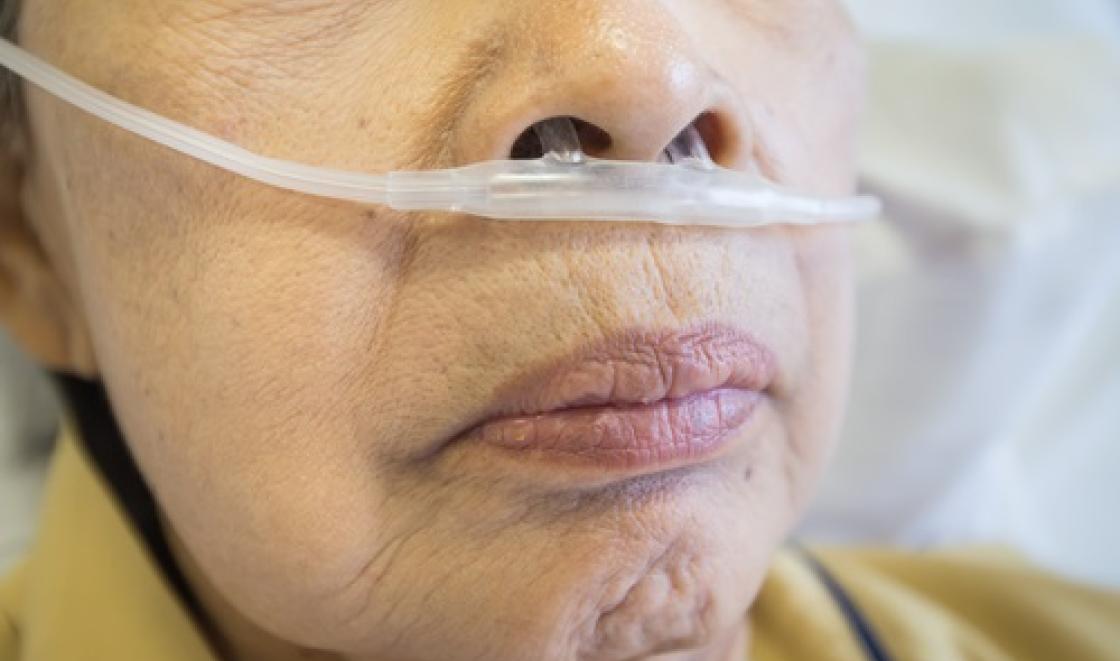The new evidence is published in the journal Thorax and was produced by a team including palliative care and health economics researchers based at King’s College London, and specialist clinicians and physiotherapists at King’s College Hospital NHS Foundation Trust.
Helping people to manage severe breathlessness
Health conditions such as cancer, lung and heart disease can cause severe breathlessness, where breathing is consistently difficult and uncomfortable. Breathlessness is very distressing and is difficult to manage for patients and carers, often leading to hospital emergency department visits.
Breathlessness services combining respiratory and palliative care can help people to manage their breathlessness and reduce distress, anxiety and depression. However, these services are offered in several ways, including from GP surgeries, hospital-based outpatient clinics or directly in people’s homes. Although these services have been proved to be effective, no studies have previously assessed their economic impact.
